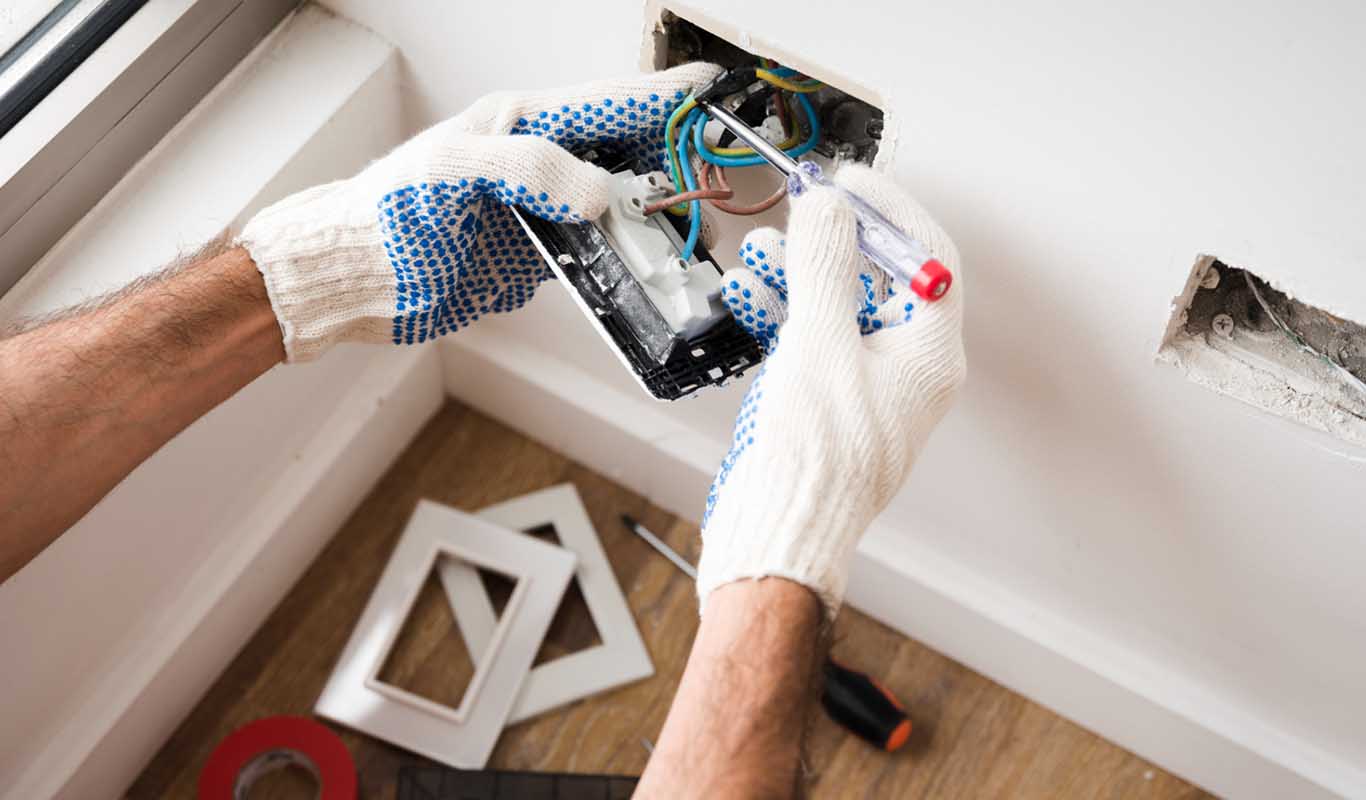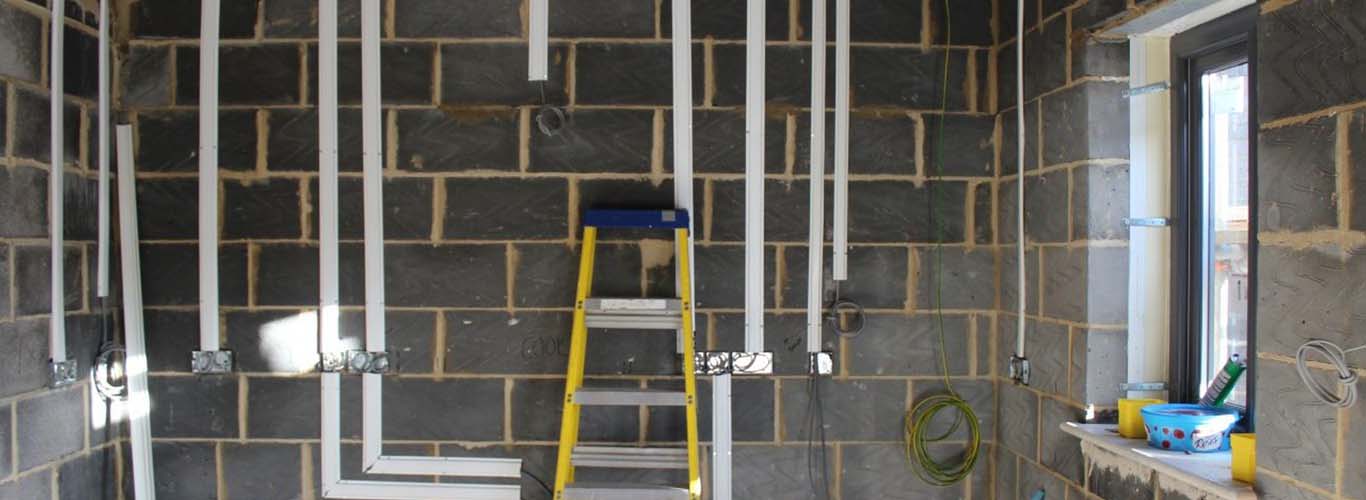Table of Contents

In the UK, the wiring regulations are covered by the British Standard BS 7671, also known as the IET Wiring Regulations. These regulations set out the requirements for electrical installations in buildings and are designed to ensure the safety of people and property.
The latest version of the regulations is BS 7671:2018 (18th Edition), which came into effect on 1st January 2019. It covers several topics, including the design, installation, and maintenance of electrical systems and the use of equipment and materials.
Some key areas covered by the wiring regulations include:
- The selection and installation of wiring systems and equipment, such as cables, switchgear, and sockets.
- Protection against electric shock and fire hazards, including using RCDs (residual current devices) and other protective devices.
- The safe use of electrical equipment, including rules for using portable appliances and carrying out maintenance.
- Requirements for the testing and inspection of electrical installations, including the use of test equipment and the documentation of results.
Compliance with the wiring regulations is mandatory for all electrical installations in the UK, and failure to comply can result in serious consequences, including legal action and fines. Therefore, it should be ensured that all electrical work is being done by competent and qualified electricians familiar with the latest regulations.
When is Rewiring a Property Necessary?
Rewiring a property is necessary when the existing electrical wiring in the property needs to be updated, unsafe, or inadequate for the electrical demands of the building. Some signs that may indicate the need for rewiring include:
- Frequent tripping of circuit breakers or fuses
- Flickering or dimming lights
- Electrical outlets or switches that feel warm or emit a burning smell
- Outlets or switches that don’t work properly
- The presence of cloth-covered or knob-and-tube wiring, which is outdated and unsafe.
If you are facing any of these issues, it is advised that you hire a licensed electrician to assess your property’s wiring and determine whether rewiring is necessary. It is important to note that rewiring a property can be a complex and expensive project, but it is essential to ensure the safety and reliability of your property’s electrical system.
Electrical Safety Certificates
24Hr Emergency Electricians
Our team of emergency response electricians are on call 24/7
Fair Price
Our pricing structure is transparent and affordable. We offering great value for money
What Does Rewiring a Property Involves
Rewiring a property involves replacing the existing electrical wiring with new, up-to-date wiring that meets current safety standards and building codes. Here are the general steps involved in rewiring a property:
- Inspection and Assessment: A licensed electrician will inspect the property’s electrical system to determine if rewiring is necessary and what type of rewiring is needed. They will also assess the electrical load of the property to determine the appropriate wiring size and configuration.
- Planning: Based on the inspection and assessment, the electrician will create a plan for the rewiring project, including the wiring routes, the location of electrical outlets, switches, and fixtures, and any necessary upgrades to the electrical panel.
- Preparation: Before the rewiring begins, the electrician will shut off the power to the property and remove the old wiring.
- Installation: The electrician will install new wiring and electrical components, including outlets, switches, and light fixtures. They will run the new wiring through walls, ceilings, and floors, connecting it to the main electrical panel.
- Testing and Inspection: Once the rewiring is complete, the electrician will test the electrical system to ensure it works properly and safely. They will inspect the work to ensure it meets building codes and safety standards.
- Finishing: After the rewiring is complete and has passed inspection, the electrician will replace any wall coverings, patch holes and clean up the work area.
Rewiring a property is a difficult and time-consuming process that requires the expertise of a licensed electrician. To ensure the safety and durability of your property’s electrical system, it is crucial to make sure that the work is performed accurately.
The Cost of Rewiring a House in the UK
The cost of rewiring a house in the UK depends on a number of factors, which include the property’s size and age, the wiring’s complexity, and the property’s location. However, we have provided some estimated costs to give you an idea:
- Small House or Apartment: The cost of rewiring a small house or apartment can range from £2,500 to £4,000.
- Medium-Sized House: For a medium-sized house, the cost of rewiring can range from £4,000 to £6,000.
- Large House: For a large home, the cost of rewiring can vary from £6,000 to £10,000 or more.
It is important to note that these estimates are for a basic rewiring job and do not include any additional work that may be necessary, such as upgrading the electrical panel or installing new fixtures. Additionally, prices can vary depending on location and the contractor you hire. Obtaining multiple quotes from licensed electricians in your area is recommended to get a more accurate idea of the cost.

contact us now
if you need Any Assistance
We’re available to look after your electrical emergency 24h a day.
The Cost of Rewiring a House in the UK
The cost of rewiring a house in the UK depends on a number of factors, which include the property’s size and age, the wiring’s complexity, and the property’s location. However, we have provided some estimated costs to give you an idea:
- Small House or Apartment: The cost of rewiring a small house or apartment can range from £2,500 to £4,000.
- Medium-Sized House: For a medium-sized house, the cost of rewiring can range from £4,000 to £6,000.
- Large House: For a large home, the cost of rewiring can vary from £6,000 to £10,000 or more.
It is important to note that these estimates are for a basic rewiring job and do not include any additional work that may be necessary, such as upgrading the electrical panel or installing new fixtures. Additionally, prices can vary depending on location and the contractor you hire. Obtaining multiple quotes from licensed electricians in your area is recommended to get a more accurate idea of the cost.
Why is Rewiring a Property Important
Rewiring a property is important for several reasons:
- Safety: Outdated or faulty wiring can be a severe safety hazard, increasing the risk of electrical shocks, fires, and other accidents. Rewiring a property can ensure the electrical system is up-to-date and meets current safety standards.
- Reliability: Old or worn-out wiring can cause electrical problems such as power surges, flickering lights, and frequent tripping of circuit breakers. Rewiring a property can improve the reliability and efficiency of the electrical system, reducing the likelihood of these issues.
- Compliance: Rewiring a property can bring it up to code, ensuring that it meets the requirements set by local building and safety regulations.
- Upgrades: Rewiring a property can provide an opportunity to upgrade the electrical system with modern features such as smart home technology, energy-efficient lighting, and new appliances.
- Property Value: A property with a safe and reliable electrical system is more attractive to potential buyers and can increase the value of the property.
Overall, rewiring a property can provide numerous safety, efficiency, and convenience benefits, making it an essential investment for any property owner.
FAQ’s
How Do I Know if My Home Needs Rewiring?
Signs that your house may need rewiring include outdated wiring, old-fashioned switches or outlets, damaged or frayed wiring, and frequent electrical problems.
How Much Time Will It Take to Rewire My House?
The time required for rewiring a house can vary depending on the house’s size and the electrical system’s complexity. A typical 3-bedroom house can take 5 to 10 days to rewire.
Can I Rewire My Own House?
Rewiring a property is a complicated and potentially dangerous task that a qualified electrician should only undertake.
Do I Need to Move Out of My House During the Rewiring?
Moving out of your house during rewiring is usually unnecessary, although there may be some minor disruption to your daily routine.
Will Rewiring Increase the Value of My House?
Rewiring your house can increase its value by making it safer and more up-to-date
Is Planning Permission Required to Rewire a House?
No, planning permission is not required to rewire a house.
Can I Install New Electrical Fixtures and Appliances During the Rewiring?
Yes, rewiring provides an opportunity to install new electrical fixtures and appliances.
What Types of Wiring Can Be Used for Rewiring a House?
The most common types of wiring used for house rewiring are PVCu-insulated and mineral-insulated cables.
Do I Need to Replace My Fuse Box During the Rewiring?
It is recommended to replace your fuse box or consumer unit during rewiring to ensure it is up to date and up to code.
Can Additional Electrical Outlets Be Added During the Rewiring?
Yes, rewiring provides an opportunity to add additional electrical outlets in areas where they are needed.
Can I Install Smart Home Technology During Rewiring?
Yes, rewiring allows installing smart home technology, like smart thermostats and smart lighting.
How Can I Protect My Home During Rewiring?
To protect your home during rewiring, following safety precautions such as turning off the power supply, covering furniture, and keeping the work area clean and tidy is essential.
How Can I Find a Qualified Electrician for Rewiring?
You can find a qualified electrician for rewiring by checking credentials such as licensing, insurance, and certifications.
Can I Get a Discount on My Homeowner's Insurance for Rewiring My House?
Some insurance companies offer discounts for property owners who have rewired their homes to improve safety and reduce the risk of electrical fires.
Can Rewiring Reduce My Energy Bills?
Rewiring can reduce energy bills by improving the efficiency of electrical systems and reducing energy waste.
